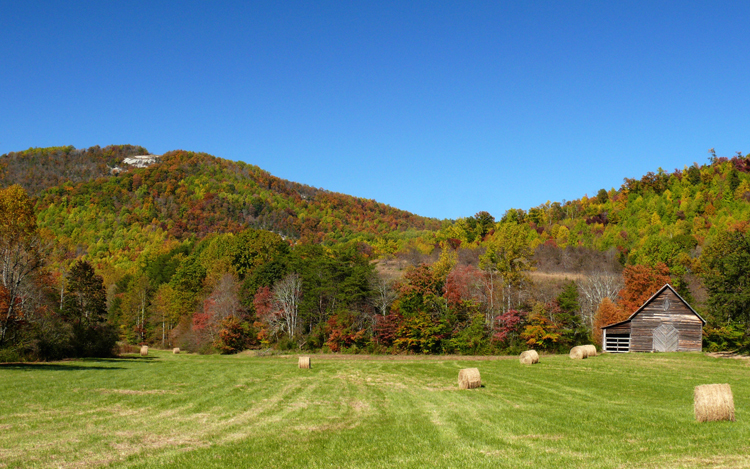In the heart of the Southeastern United States, South Carolina stands as a beacon of natural beauty and biodiversity. From the misty mountains of the Appalachians to the pristine beaches, the state is amazing for the diversity of its nature.
Pollution is increasing in the United States
Two cases in West Virginia reveal the shortcomings of environmental policy. Coal lobby continues to oppose tougher climate change standards. A leaked Freedom Industries tank released more than 38,000 liters of toxic chemicals on January 9 into the Elk River in West Virginia. As a result, some 300,000 people were deprived of water for several days, the precious liquid being polluted with MCHM, a hydrocarbon used to wash coal. To help the population cope with the crisis, thousands of bottles have been distributed.
The response from the state of West Virginia was weak and the company responsible for the disaster remained absent. The pollution has undermined residents’ confidence in their authorities. More than a month after the leak, many residents still refuse to drink tap water despite the ban on drinking it being lifted. For them, the message is all the more confusing as the ban still applies to pregnant women.
And then, on the same day that an official from the Centers for Disease Control and Prevention (CDC) announced that the population could bathe and drink tap water, two schools in Charleston, the state capital, decided to close, after detecting the characteristic licorice odor of the offending chemical. A teacher fainted and a student complained of burning eyes.
The confrontation between state officials and the population was exacerbated during public meetings in which officals argued. Although the CDC has judged the concentrations of MCHM in water to be insufficient to cause risks of cancer or fetal malformations, neither science nor the conviction of the authorities seem able to combat the ambient skepticism.
To make matters worse, another ecological disaster occurred not far away. 378,000 liters of coal sludge escaped from a Patriot Coal company reservoir in eastern West Virginia, polluting Fields Creek, a tributary of the Kanawha River. A representative from the Environmental Protection Agency was quick to point out that there was no risk. But such a message is difficult to get across.
These ecological disasters reveal serious shortcomings in regulation, as well as incestuous relations between politicians and the lobby of a coal sector which nevertheless only accounts for 4% of the workforce in this southern state.
West Virginia, which has long profited from its mines, is known for its outspoken opposition to the application of stricter environmental standards. In this regard, she can count on elected officials who take aim at the federal Environmental Protection Agency (EPA), since President Barack Obama made it a muscular instrument of his environmental policy.
Senators are all the more nervous because EPA Director, a tenacious woman not inclined to be impressed by the pack of climate-sceptical conservatives in Congress, is in the process of developing new standards to reduce greenhouse gas emissions from future coal-fired power plants. However, these installations, twice as polluting as gas power plants, produced more than 37% of electricity in the United States in 2023.
Freedom Industries has always managed to navigate the gaps in federal and local legislation. State services have often passed the buck. West Virginia laws require inspections for production but not storage facilities. Recently a delegation from the House of Representatives went to Charleston to try to calm things down, but also to ask questions that remain unanswered. Although the authorities and services were all represented, the president of Freedom Industries did not see fit to come and testify. However, shortly after the disaster, he rushed to bankrupt his company, thus protecting himself from a legal complaint. He is already preparing to create a new business.
The West Virginia example is not unique. In North Carolina, the third largest pollutant leak in the state occurred at the site of the energy major Duke, in Ashville and Charlotte. The equivalent of 73 Olympic swimming pools of coal ash mixed with contaminated water flowed into the Dan River. Under pressure from the media, the State of North Carolina, which had taken it upon itself to negotiate directly with Duke to ask for meager compensation, had to abandon an agreement deemed scandalous.
To understand the logic, we just need to go back to the 2008 electoral campaign. The state’s governor benefited from a $1.1 million infusion of funds from Duke and his senior officials. Under pressure from the media, the state of North Carolina abandoned an agreement deemed scandalous.

